COVID & Gun Violence
COVID & Gun Violence
What is the problem?
Unprecedented increases in gun sales, combined with economic distress and social isolation due to COVID-19, intensified the country’s gun violence crisis.
The United States experienced the collision of two major public health crises: COVID-19 and gun violence. While millions in the U.S. rushed out to purchase guns in the middle of a global pandemic, thinking they were buying safety, research shows that they were in fact exposing themselves to higher risks of gun violence. At the same time, structural inequities fueling community gun violence were exacerbated. Moving forward, we must invest in policies that improve the plight of all Americans and save lives.
Why is it an issue?
The pandemic highlighted the weaknesses in existing gun laws.
The pandemic highlighted the deadliness of weak gun purchase and access laws that allow firearms to fall into the wrong hands and also shed light on existing structural inequity. The coronavirus put vulnerable populations, including women, children, and communities of color, at heightened risk. The lethal impact of these crises, though devastating, helps point the way to laws, policies, and programs that can keep people safe and healthy.
By the numbers
30%
Unintentional shooting deaths by children increased by over 30 percent from March to December of 2020, compared to 2019.
22M
An estimated 22 million guns were purchased in 2020, a 64 percent increase over 2019.
150%
Police departments in the 16 largest US cities reported a nearly 150 percent increase in hate crimes targeting Asian Americans in 2020.
4/10
4 in 10 Americans reported that their mental health has been negatively impacted as a result of COVID-19-related stress and anxiety, at the end of March 2020.
What are the solutions?
-
Close the Charleston Loophole
Under federal law, gun purchases may move forward by default after three business days—even if a background check has not been completed. While more than 90 percent of federal background checks are completed in minutes, those that take longer than three business days are four times as likely to be denied.
-
Secure Gun Storage
Gun owners can make their homes and communities safer by storing their guns securely. This means storing them unloaded, locked, and separate from ammunition.
-
Extreme Risk Laws
When a person is in crisis and considering harming themselves or others, family members and law enforcement are often the first people to see the warning signs. Extreme Risk laws, sometimes referred to as “Red Flag” laws, allow loved ones or law enforcement to intervene by petitioning a court for an order to temporarily prevent someone in crisis from accessing guns.
-
Prohibit People With Dangerous Histories From Having Guns
People with dangerous histories should be prohibited from having guns. Federal law prohibits gun possession by certain categories of people. States also set standards for who is too dangerous to have guns. People prohibited by federal or state law will fail a background check if they try to buy a gun from a licensed dealer.
-
Violence Intervention Programs
Community violence intervention programs provide evidence and community-informed, comprehensive support to individuals who are at the greatest risk of gunshot victimization. These programs are shown to reduce gunshot wounds and deaths in the neighborhoods most impacted by gun violence.
-
Disarm Hate
Guns and hate are a fatal combination. In an average year, more than 25,000 hate crimes in the US involve a firearm—69 a day. In parts of the US, some people convicted of hate crimes can still legally buy and have guns. Congress and state legislatures should pass laws that keep guns out of the hands of those who have been convicted of hate crimes.
Featured Resources
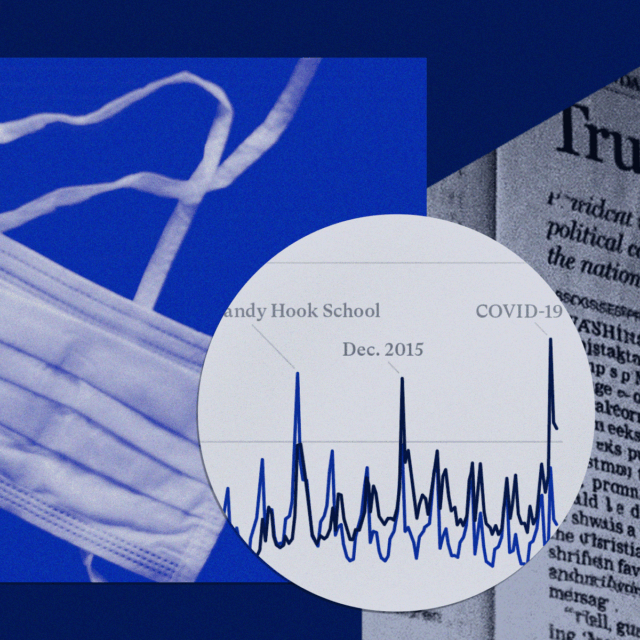
Gun Violence and COVID-19 in 2020: A Year of Colliding Crises
The COVID-19 pandemic has had a pronounced impact on gun violence in the United States.
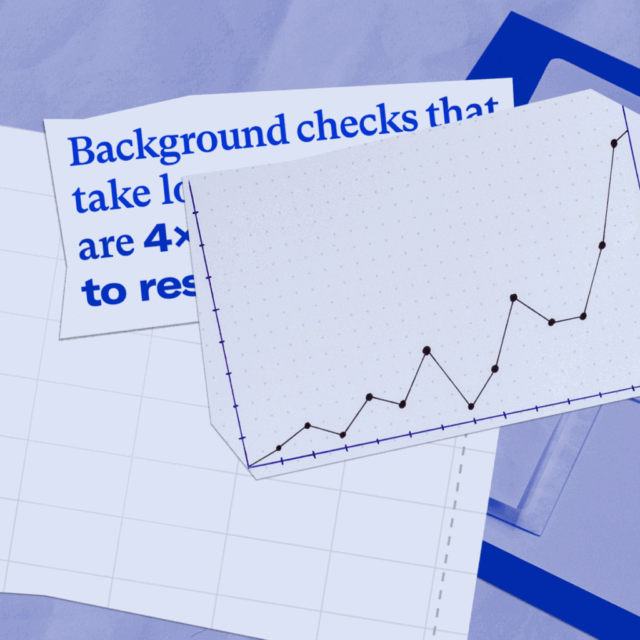
How COVID-19 Has Made a Federal Background Check Loophole Even Deadlier
More background checks were run in March 2020 than at any other time since the creation of the background check system.
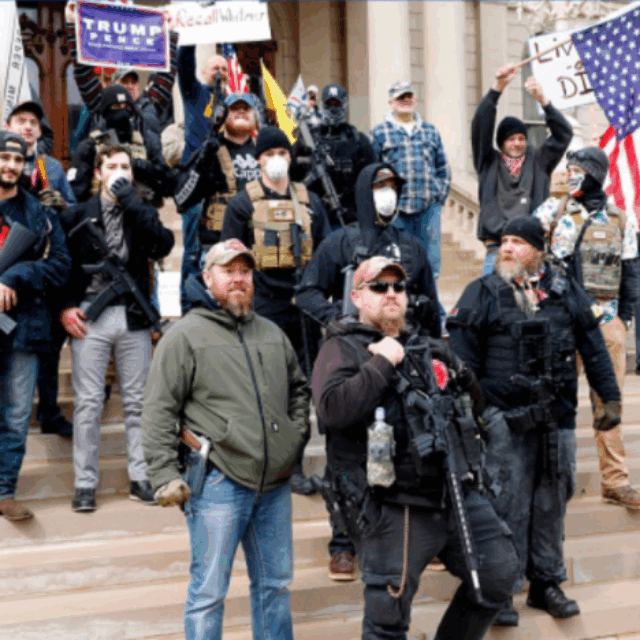
Armed COVID-19 Protests Exploit Open Carry Loophole
Lawmakers should close the open carry loophole and regulate open carry, particularly at demonstrations held on capitol grounds.
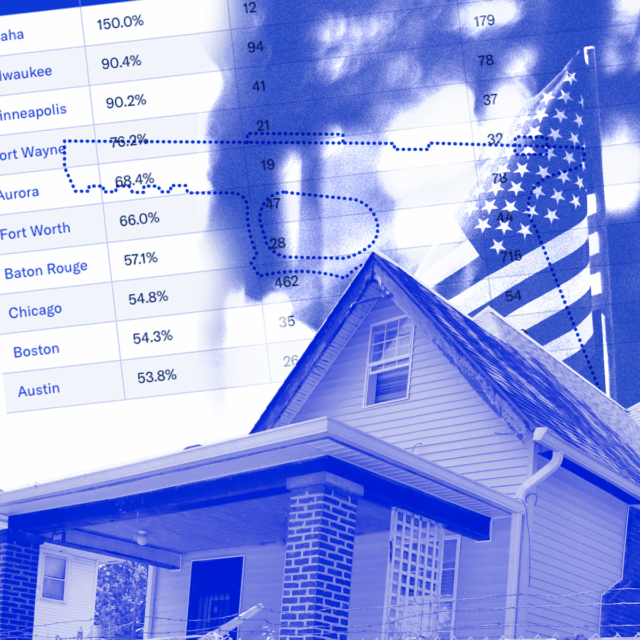
A Deadly Year in Cities — And How Policymakers Can Respond
The surge in gun homicides is an upward trend that is being felt in communities across the nation.

Extreme Risk Protection Orders during COVID-19
Extreme Risk Protection Orders should be classified as essential court proceedings during the pandemic.
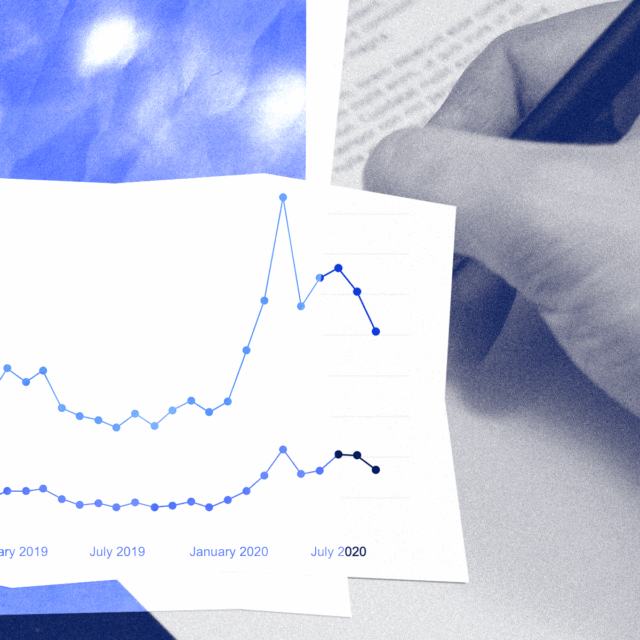
Undeniable: How Long-Standing Loopholes in the Background Check System Have Been Exacerbated by COVID-19
Loopholes must be addressed to ensure that guns are not sold without a completed background check.
All Resources
COVID & Gun Violence
All Resources
Paranoia and Profit: Armed Extremism and the Gun Industry’s Role in Fostering It
Meanwhile, the industry works with its political allies to make these weapons available to anyone, anywhere, at any time, demonizing those who want to keep…
Report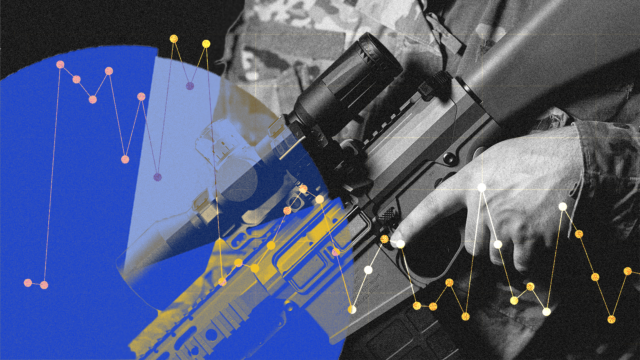
The Changing Demographics of Gun Homicide Victims and How Community Violence Intervention Programs Can Help
As we approach summer, it is crucial that community violence intervention programs are accessible and tailored to those most affected.
Everytown Research & PolicyThe Impact of Gun Violence on Latinx Communities
Latinx people in the United States are dying from gun violence every day and at rates disproportionate to their white peers.
Fact SheetEl impacto de la violencia con armas de fuego en las comunidades latines
Las personas latines en los EE UU mueren a causa de la violencia armada en tasas desproporcionadas con respecto a los blancos.
Fact SheetThe Firearms Industry and the Paycheck Protection Program
Despite a record year in sales and demand, the firearms industry received extensive support from the paycheck protection program in 2020.
Report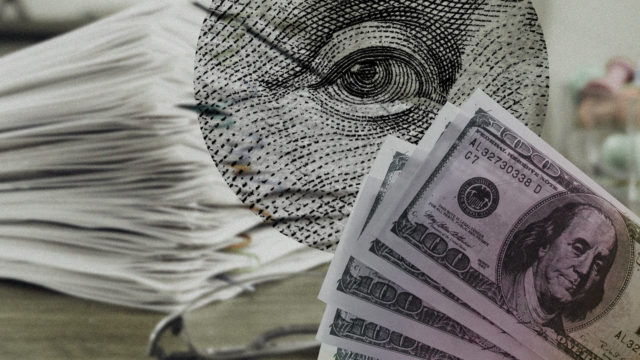
A Deadly Year in Cities — And How Policymakers Can Respond
While the long term effects of COVID-19 still aren’t fully clear, it is evident that cities have experienced historic levels of violence.
Fact Sheet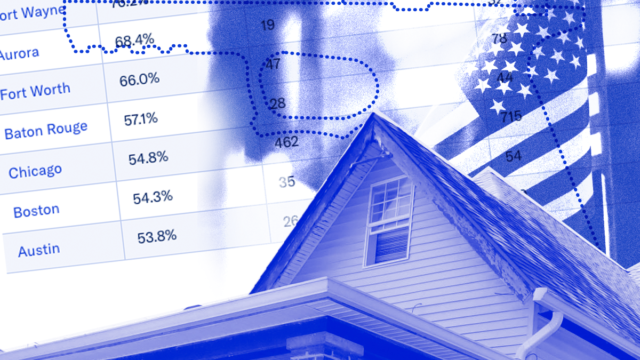
How COVID-19 Has Increased the Need for Street Outreach Work
Street outreach teams have long been at the front lines of gun violence prevention work and are now battling two pandemics at once.
Fact Sheet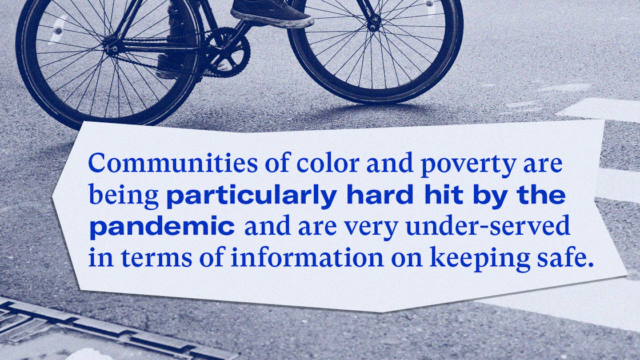
What Search Data Shows About Americans and Guns During the COVID-19 Crisis
Search data for guns shows a 40 percent increase amid the COVID-19 pandemic, which is more than the surges after Sandy Hook and Parkland.
Fact Sheet

